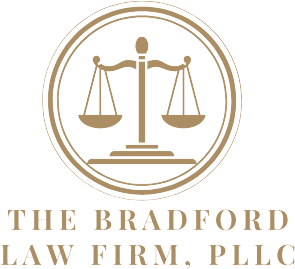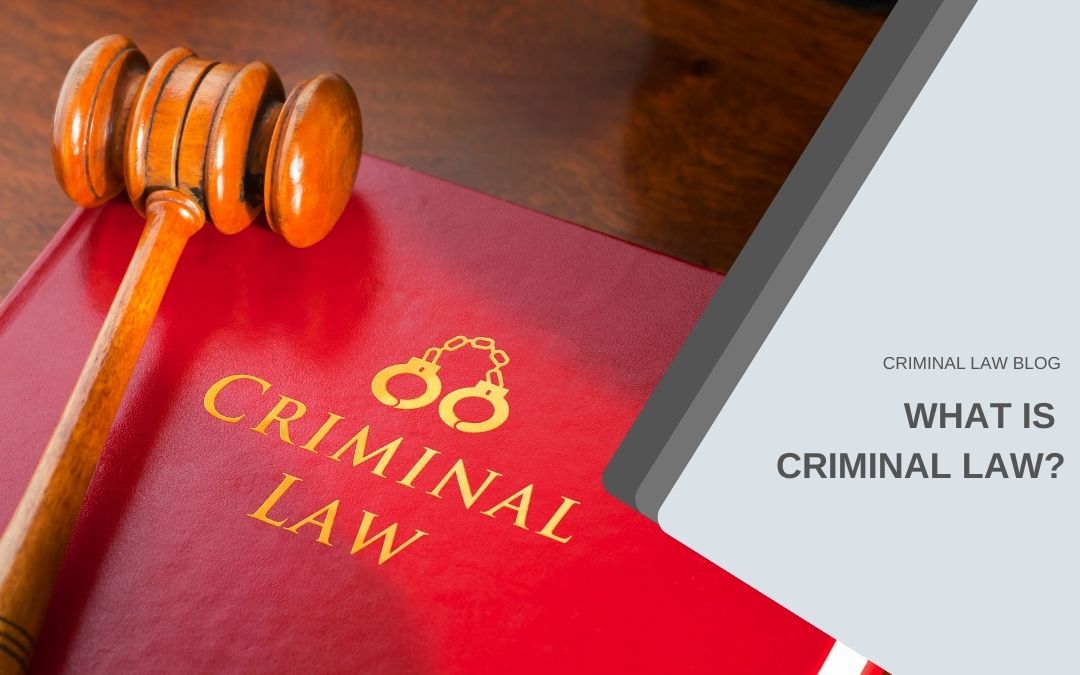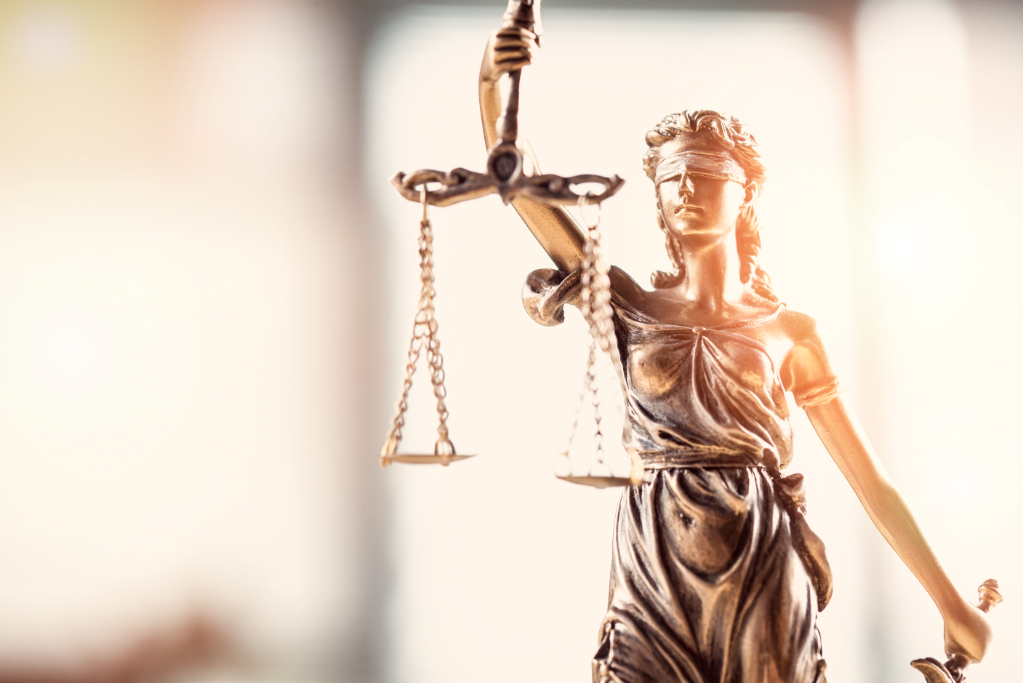Criminal law defines criminal offenses and the punishment of individuals and groups who commit crimes using a system of legal rules. Only the government can initiate a criminal proceeding; individuals can not file criminal charges.
Broadly defined, criminal law refers to state and federal laws that regulate and define what makes certain behavior illegal and the resulting punishment for committing a crime, such as a fine, prison time, or both.
Criminal law oversees felonies and misdemeanors. Felonies are serious criminal offenses like robbery, arson, and murder. Misdemeanors are typically more minor, like petty thefts or traffic violations.
Penalties for a crime will vary based on the type of crime committed, where it was done, how involved the person was in the crime, and if it was a first criminal offense.
FREQUENTLY ASKED QUESTIONS ABOUT CRIMINAL LAW:
- What is the difference between a public defender and a private attorney?
- What are the different types of criminal charges?
- What are your rights if you are arrested?
- What should you do immediately after being arrested?
- What are your Search and Seizure Rights?
- What can you do if you believe your rights have been violated?
- What are your Interrogation Rights?
- Pretrial Motions
- What happens in a criminal law trial?
- How does a jury trial work?
- How does a bench trial work?
- Sentencing
- Incarceration
- What is a plea bargain?
- Probation
- Posting Bail
- Parole
- Appeals
- What is a criminal record?
- How can you get your criminal record expunged?
- Victim Rights
- Witness Rights


